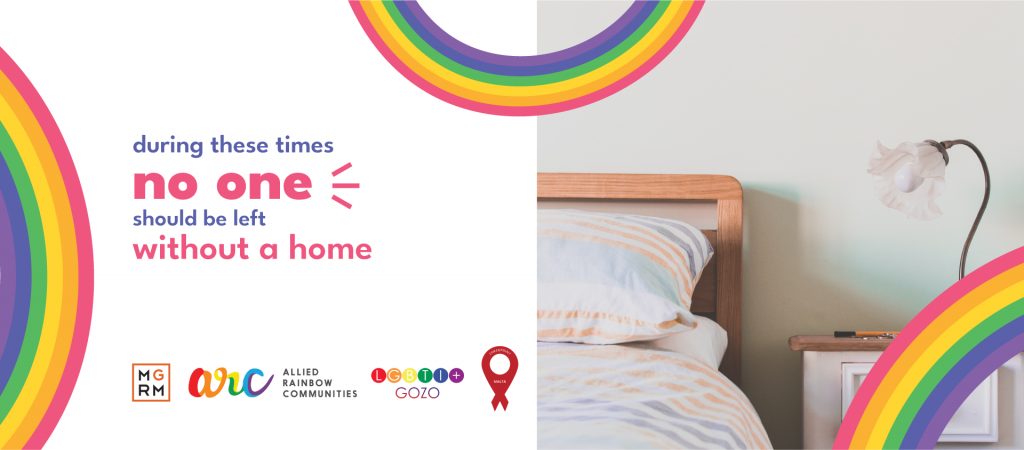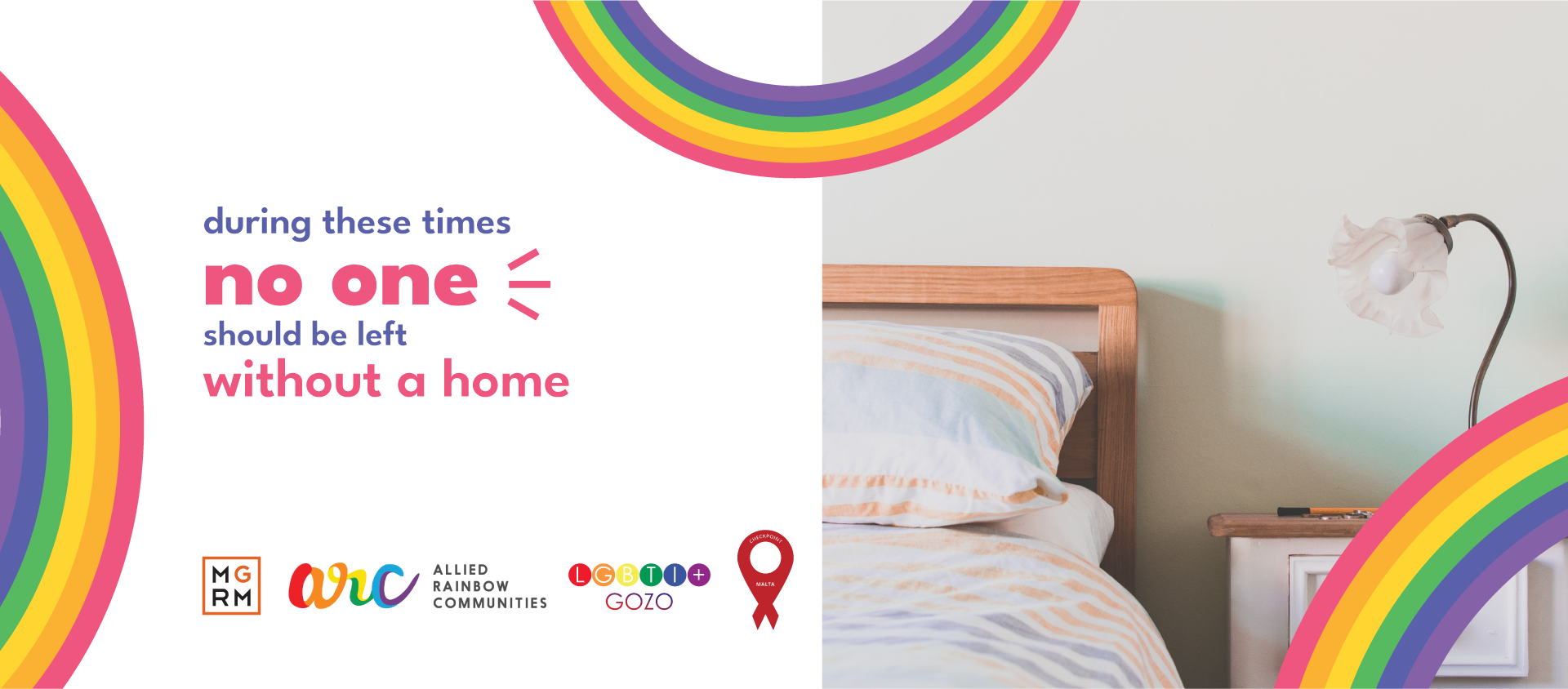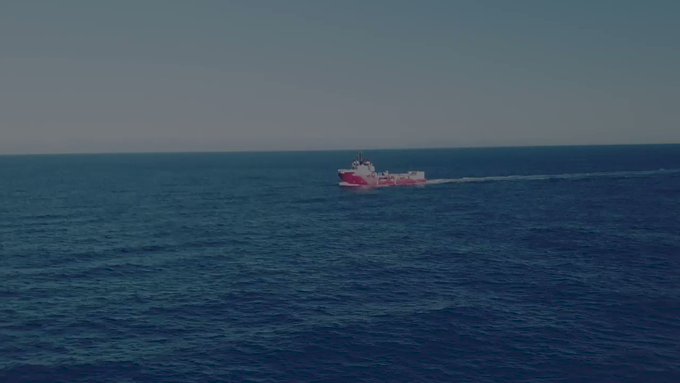When professional dancer Chakib Zidi landed in Malta in August 2017 as part of a European tour, he had no idea he would not be able to leave.
The 29-year-old is gay, something that is deemed illegal in his home country of Tunisia and is punishable by up to three years in jail.
He is among an undisclosed number of people seeking asylum under Malta’s Refugees Act based on fears their sexuality would result in degrading treatment or punishment in their country of origin.
“While I was working in Malta two years ago, I received an urgent message from my sister and lawyer via Facebook that my house in the Medina area of Tunis was being raided by the police,” he said.
“They also told me that my coffee shop was being searched. The police were looking for proof that I was gay. If I return, I could be arrested or forced to undergo a gay ‘test’ which involves an anal probe. So, I’ve had to seek asylum here in Malta.”
Since then, Chakib has been trying to find out if he will receive international protection.
He and his partner, theatre director Mohamad Ali ‘Dali’ Agrebi, who is also from Tunisia, live in Fgura with their dog Bobby. They are among a growing group of asylum seekers who are choosing to live openly gay.
“We are very happy here but are still living in a kind of limbo,” continues Chakib.
“Dali got his visa six months ago, but I am still waiting to receive international protection. This means I can’t travel, get a driver’s licence or even open a bank account. I feel a bit trapped as I can’t visit my family or friends. It also holds me back when it comes to accepting work abroad as a dancer or choreographer as I can’t leave.”
While Malta ranks first place in the International Lesbian, Gay, Bisexual, Trans and Intersex Association (ILGA) index as Europe’s best country for LGBTQ+ law and policy, life is more difficult if you are a migrant or refugee.
According to the latest information from the European Fundamental Rights Agency, many gay people who are discriminated against for their ethnic origin or religion don’t bother reporting violence or hate speech.
“I am gay. This is who I am,” says Chakib.
“Yes, I wish I was born heterosexual but there is nothing I can do about that. It’s not my fault. I feel betrayed by my country but all I can do is hope that I can get official status soon so that I can move forward with my life.”
In Tunisia, human rights campaigners have called for an end to the criminalisation of same-sex conduct and forced anal examinations, but so far nothing has changed. I wish I was born heterosexual but there is nothing I can do about that
Despite this, Chakib and Dali feel they are among the lucky members of Malta’s migrant and asylum-seeking gay community. For this reason, they are working closely with Malta’s LGBTIQ Rights Movement (MGRM) in Mosta to help those struggling.
“It has shocked me to hear what some people have gone through since arriving in Malta,” says Chakib.
“One man – who was living in Ħal Far – says he felt very threatened there. He had no idea it was legal to be gay here and thought it only happened in places like the US. When he came out with us to places like Paceville, he couldn’t believe the bouncers allowed him into clubs when he was with us, because when he tried before he was turned away as he was black.
“We took him with us to gay events such as Pride and Lollipop and he was so happy.”
Dali, 26, says there is not enough help for vulnerable gay people who end up in Malta.
“We hope to set up a space just for migrants and plan to meet so people can be informed about the rights and laws they have here, as well as sexual and mental health services because they vary from country to country,” he said.
Alex Caruana, who works as a Community Outreach Officer, also at MGRM, agrees with Dali.
He says that some gay migrants face the double challenge of not being accepted because of the colour of their skin and sexuality.
“Often a person’s experience depends on the social-economic class they fall into, within Malta.
“For example, if you are in the arts community you might be OK. But if you are a gay, poor, black man working on a construction site, you are probably going to have a harder time,” he said.
Trying to find out exactly how many people are seeking asylum in Malta because they are gay is difficult – but this is something Dali feels also needs to change.
“It’s so hard to get the numbers and, when we ask, we are told it’s confidential. But if we knew more facts, I think it would be easier for us to know who we should reach out to and help,” he said.
Source: Times of Malta












